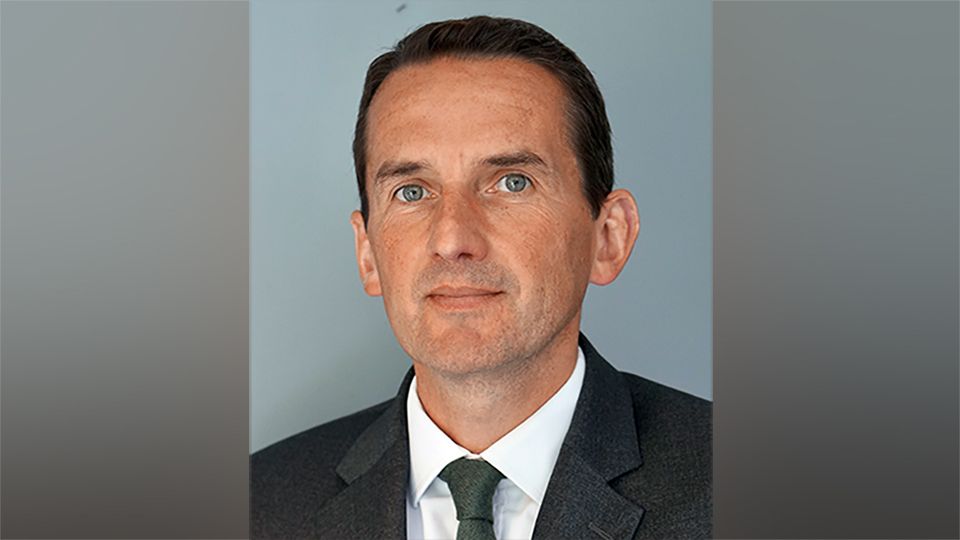Net-zero commitments are dominating the discourse, but more complex policy must be navigated in order to achieve them, as reported by ESG Clarity in the UK.
This was the view from a panel of finance professionals at the forefront of sustainable finance at the Reuters ESG Investment Europe conference yesterday.
“With the number of sustainable finance products going from less than 100 in 2009 to more than 2,000 in June last year…we shouldn’t be surprised if regulators are starting to double down,” said Ingrid Holmes, head of policy and advocacy at Federated Hermes.
Although Holmes said new policy will help solve issues such as data gaps from companies, she added change may be met with resistance from those who have had to create their own taxonomies in the absence of structured guidance.
“In the past 10 months we’ve seen a proliferation of initiatives from regulators such as the FCA, we’ve also seen the voluntary standard setters come together, and actually the accounting boards themselves are now coming forward with proposals for how sustainability can be accounted for and we will start to see those data gaps resolved, but that will make for a very busy policy space,” she said.
“We also shouldn’t be surprised if we have a bit of a bumpy transition from here to there,” she added. “In the absence of clear guidance from the market on what might count as a sustainable activity, a lot of market participants, including ourselves, have developed their own taxonomies and now we’re in a position of having to overlay a new way of thinking. Ultimately, that science-based approach is good, but don’t be surprised if there’s a bit of resistance.”
With more governments and companies making net-zero commitments, and more scrutiny on them to uphold environmental commitments, policy has a role to play in ensuring these are met, the panel discussed.
“I would caution against anyone relying on a long-term target as the only thing that drives change” said Rory Sullivan, visiting professor at the London School of Economics and chief executive of Chronos Sustainability.
Ian Simm, chief executive of Impax Asset Management, agreed. “Net zero for climate change is vital, but it’s not the only important step to seeing the transition towards a sustainable economy, we do need to see roadmaps and interim policy targets to pave the way to net zero and if we’ve got credible policy in place there’s every chance these industries in the environmental market space will continue to grow and deliver excellent returns to investors.”
Simm gave four examples of areas in which policy will need to meet new innovation and opportunities. The first was renewable energy, where Simm said: “We need to see a rapid growth in the installation of storage and interconnection and landside management. That’s going to need policy, but also the roll-out of technologies in those engineering landscapes.”
The second was transportation, which may become more service-led if current decline in interest in driving continues. The third was a “radical redesign of materials” in order to stem the flow of materials to landfills. And the fourth was sustainable food, a space in which Simm said technology is rising to produce “some very exciting business models”.
For more details on the Reuters ESG Investment Europe conference, for which ESG Clarity is media partner, click here.








